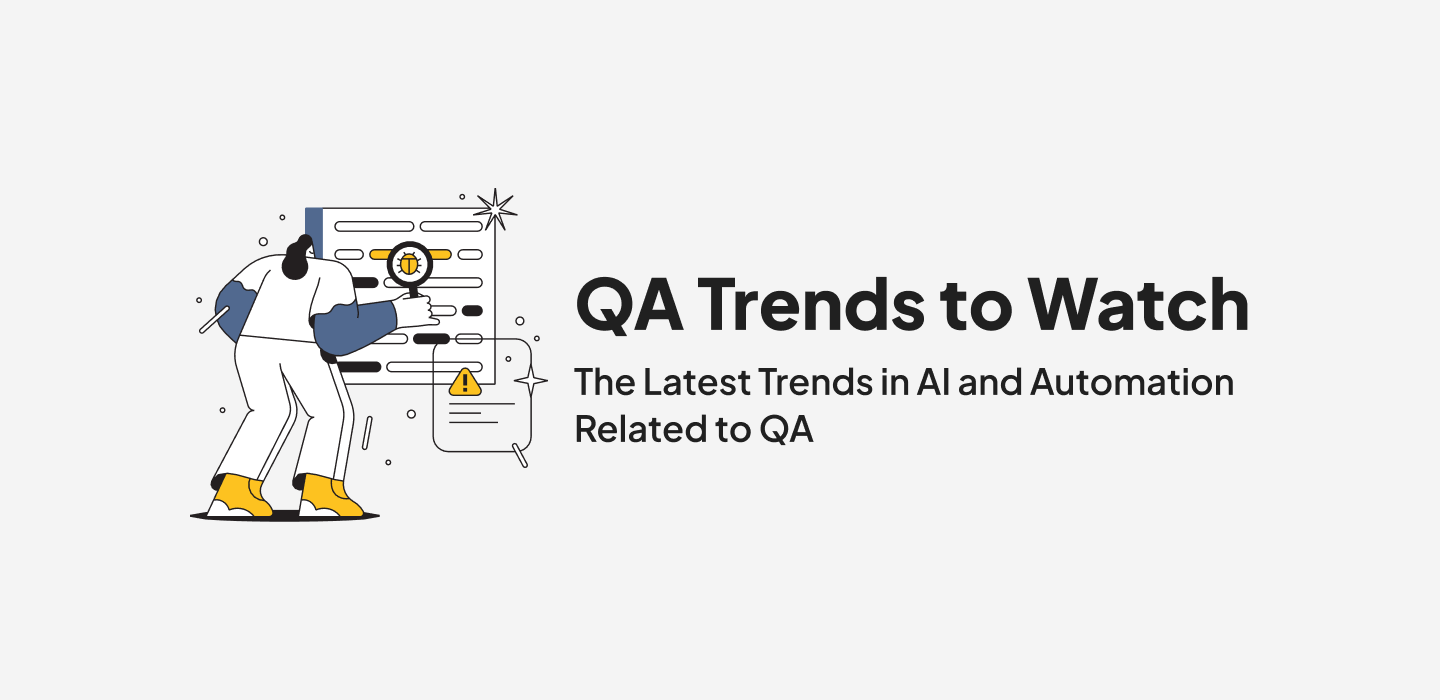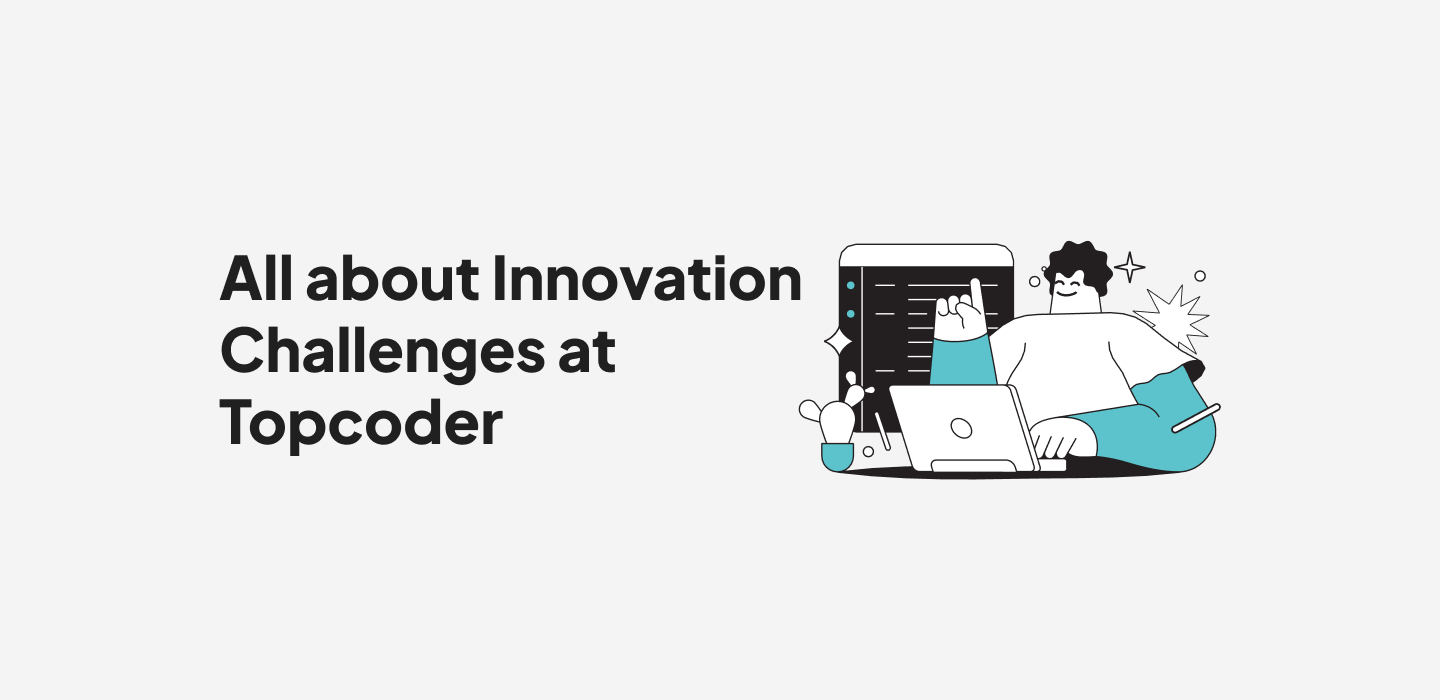July 12, 2021 How HR Can Step Up and Lead in the Freelance Revolution with Jon Younger
Jon Younger is an HR thought-leader, author, advisor, board member, and early stage investor in HR tech startups. He joins the Uprisor podcast to discuss agile talent, HR’s role in architecting a workforce, and why the freelance revolution isn’t a threat to organizations, but instead a liberation of organizations and talent.
Jon is the founder of Agile Talent Collaborative, which leads best practice research in the on-demand workforce space, and helps business leaders prepare for and blend in on-demand freelancers into their talent strategy. His most recent book is Agile Talent: How to Source and Manage Outside Experts. He’s also written prolifically for high-profile outlets like Harvard Business Review (HBR), Talent Quarterly, and Forbes. For well over a decade, Jon’s been focused on the HR thought leadership space and its talent strategy, as well as the idea of blending workforces.
Enjoy the full conversation and top moments from the episode, below.
Getting hr excited about FREELANCErs
What we’ve seen as a result of the last two years is an explosion of the freelance revolution. Jon talks about three big categories where this is happening: independent management consultants, creatives and marketing disrupters, and in tech. It’s hard to find a particular area where there isn’t a platform available somewhere in the world offering that service. This is creating huge opportunity for millions of people around the world.
The trouble, says Jon, is that HR isn’t playing in the freelance game. “Realistically,” he says, “HR is in the business of full-time talent. HR is in the business of full-time employees.” But when as many as 30% of your workforce isn’t employees, but contractors, that’s a large segment of the organization who’s not interacting with HR on a daily basis.
“HR is in the business of surface tension, and so one of the challenges that we face is how do we get HR excited about that population’s needs?” — Jon Younger
Architechting A WORKFORCE
When we start to talk about scaling a blended workforce, HR needs to take an active role. This is the moment for HR to step up and be a partner to businesses in working through the freelance revolution. When asked if there’s a non-willingness, or if they just don’t know what to do yet from an HR leadership perspective, Jon says it’s 2 things:
- HR still loves full-time people, which is a limitation
- We haven’t taught HR professionals how to design a workforce
There’s another piece that’s very important, according to Jon, which is that HR is in the business of a stable workforce. We have anything but a stable workforce these days. In a recent study by Prudential, 25% of the workforce is thinking about leaving. When you take a look at what that looks like by generation, the Gen Zs and the Millennials are the most likely to leave.
What we’ve learned over the past couple of years, even pre-pandemic, is that more and more employees are freelance light, meaning they want more flexibility, more opportunity to work remotely, more development, more frequent promotion, and more choice on the kind of work that they’re doing and the kinds of projects they take on. It’s up to HR to recognize these trends and be proactive in getting ahead of them.
MAINTAINING Great RELATIONSHIPS WITH FREELANCERS
Companies need to do six things right to build sustainable and mutually satisfying relationships with freelancers:
- Know your strategy around freelancers
- Have a good performance management system so you work well with those freelancers
- Treat freelancers the way that they need to be treated, as colleagues, not subordinates
- Treat freelancers as part of the team
- Make sure you’re giving them the work that is appropriate for them to do
- Treat them administratively with fairness and respect.
Jon says that any organization that does those six things will be successful in working with their freelancers. That’s the roadmap. As an enterprise leader, that’s what you should go focus on in order to bring outside talent in, and blend it in, and do it successfully.
Thank you to Jon Younger for sharing his thoughts with us on HR’s important role in shaping and scaling a blended workforce. For more Future of Work conversations, check out the Uprisor podcast.
“They don’t work for you. They have agreed as volunteers to work with you. That’s important. Whether they’re remotely situated or not, being part of that team becomes very important.” — Jon Younger
Annika Nagy



